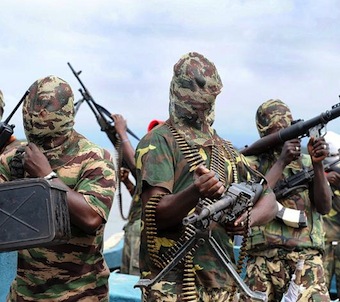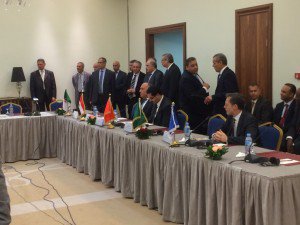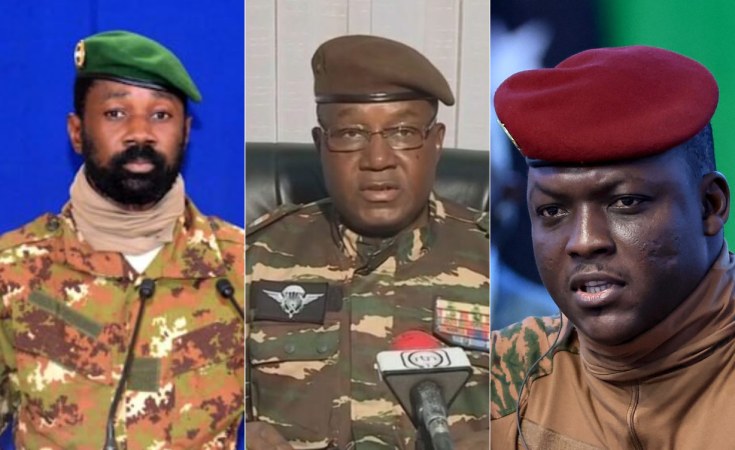Although no region is immune to terrorism, the situation in Africa is especially concerning, Secretary-General António Guterres told the Security Council, underlining UN support to countries striving to “end this scourge.”
Leaders from across the continent joined ambassadors in examining how to counter terrorism and better prevent violent extremism through stronger cooperation between the UN and regional organizations.
The UN chief expressed deep concern over the gains which terrorist groups are making in the Sahel and other parts of Africa.
“Despair, poverty, hunger, lack of basic services, unemployment, and unconstitutional changes in government continue to lay fertile ground for the creeping expansion of terrorist groups to infect new parts of the continent,” he pointed out.
Furthermore, fighters, funds and weapons are increasingly flowing between regions and across the continent, he said, while terrorist groups are forging new alliances with organized crime networks and piracy groups.
“Just as terrorism drives people apart, countering it can bring countries together,” said Guterres, pointing to several initiatives across Africa, including in the Sahel, the Lake Chad Basin and Mozambique.
“The United Nations stands with Africa to end this scourge,” he added. “Above all, it includes our ongoing close collaboration with the African Union (AU) and regional and sub-regional African organizations.”
Guterres said the UN is delivering tailored assistance to African countries in areas that include prevention, legal assistance, investigations, prosecutions, reintegration and rehabilitation.
Alongside Nigeria, the UN is also co-organizing the upcoming African Counter Terrorism Summit and is strengthening work together on important peace initiatives.
The Organization also advocates for new AU-led “robust” peace-enforcement missions and counter-terrorism operations, with Security Council mandates, he said, calling for support to this vital work.
The new AU Chairperson, President Azali Assoumani of Comoros, noted that although terrorism has been around for ages “since the Libyan crisis in 2011 it has really exploded, and particularly in Africa.”
As a result, thousands of foreign fighters and combatants flooded into the Sahel, which helped with importing terrorist groups onto the continent, along with “an uncontrollable circulation of weapons.”
“In this way, progressively, terrorism took on greater and greater scope in Africa – from north to south, from east to west. And the terrorist contagion continues, broadening in almost all regions of Africa,” he said.
He vowed to “spare no effort” to ensure that the AU flagship initiative to “silence the guns” by 2030 becomes a reality.



